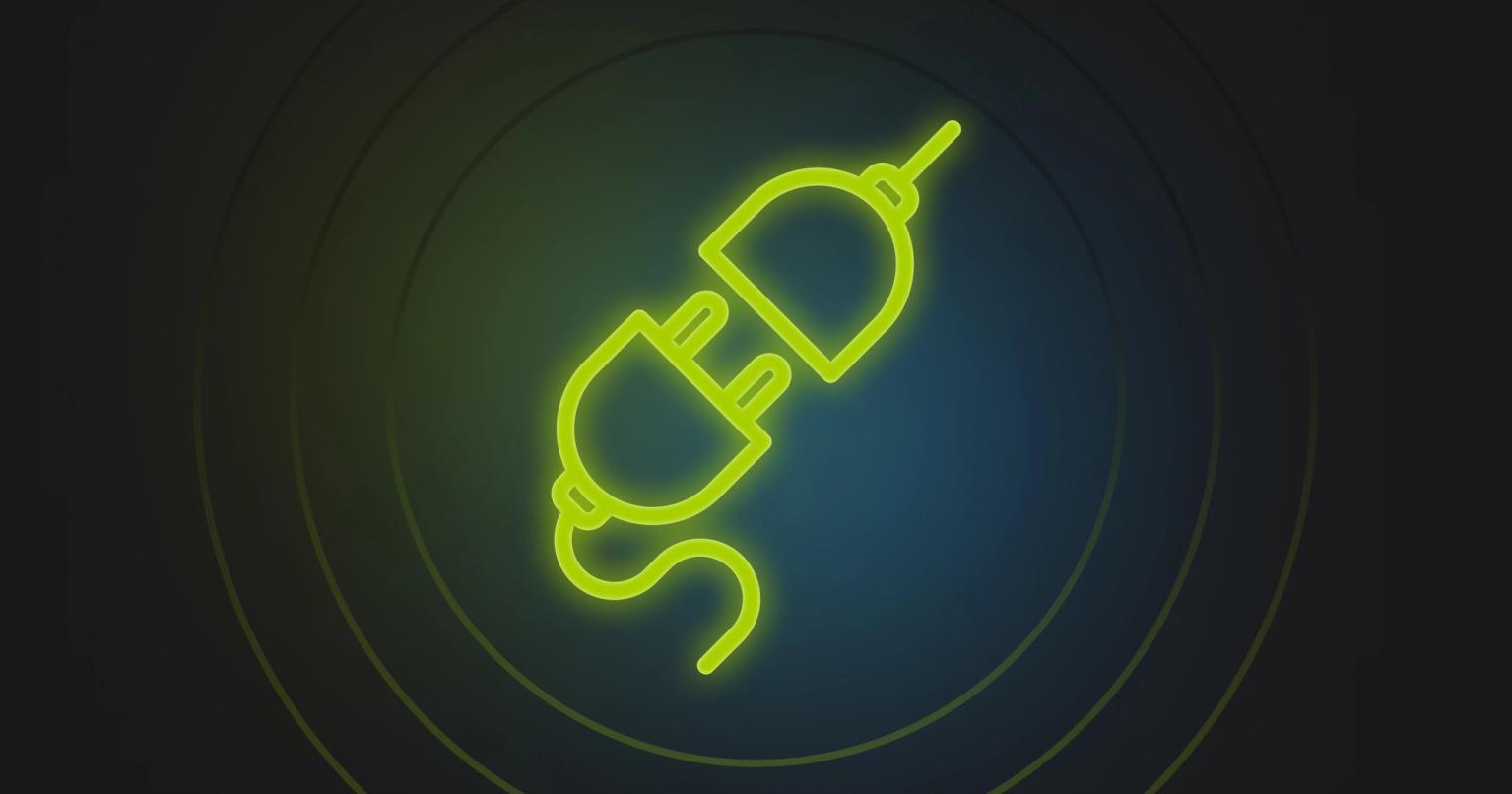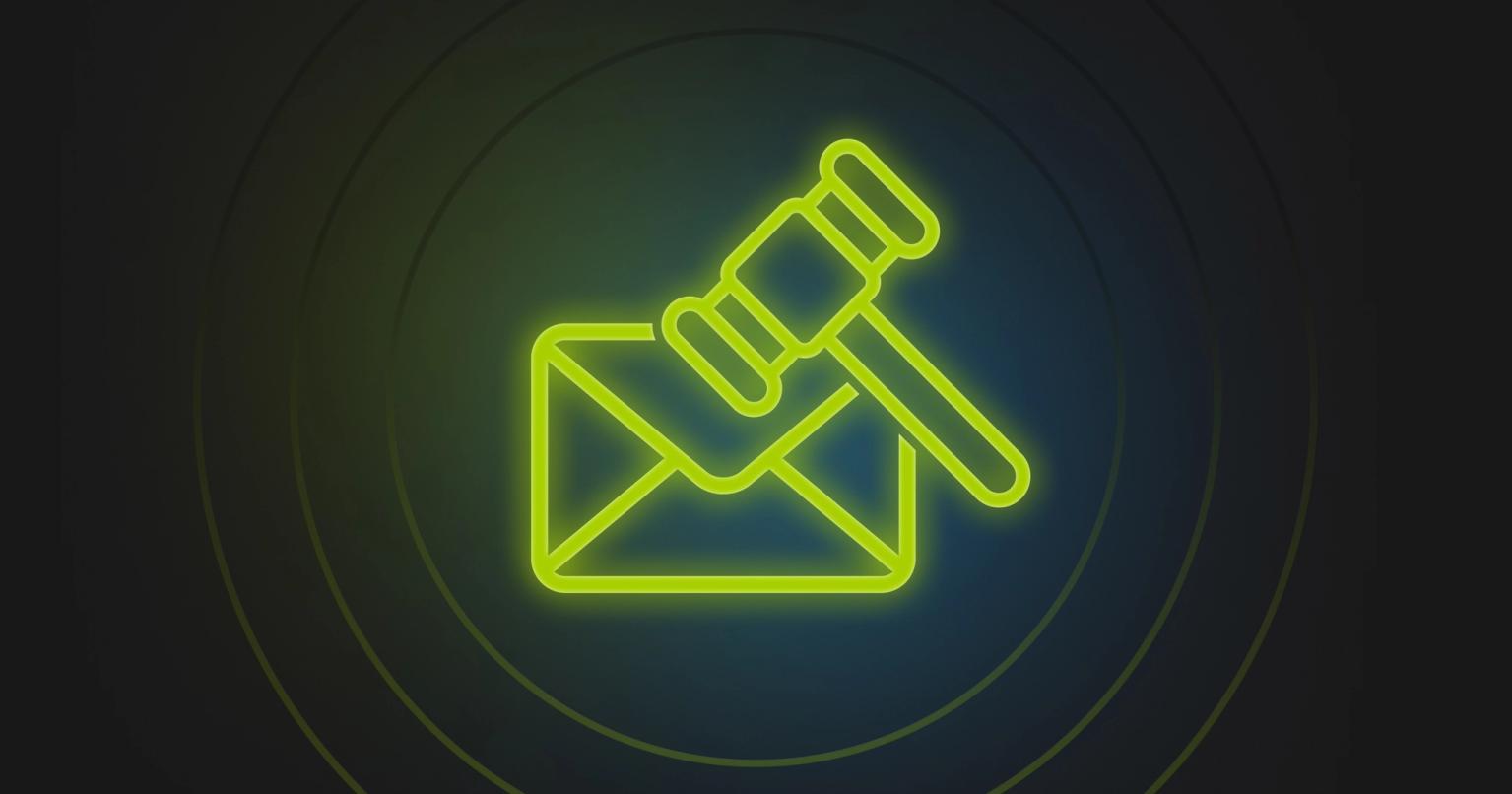How to become your company’s connector

Brendan Farnand
Co-founder & Chief Evangelist, Knak
Published Jun 18, 2025

Introduction
In a recent blog post, I wrote about how my role has shifted; I now focus on developing and nurturing relationships between Knak and its customers.
I am, in other words, a full-time connector – a person who facilitates the development of relationships.
Because relationships are so very important in business, every company needs at least one connector.
In this blog post, I explain how I make it work.
1. Be deliberate about making connections
I am very deliberate about my role as a connector.
I sometimes see people walk into an event and try to talk to every single person there. But it’s impossible to establish a meaningful connection with every single person you meet.
I try to be strategic about who I connect with. That means not only finding someone who is important to the company, but also focussing on people I can reasonably expect to have a relationship with on an ongoing basis.
There’s no point in me trying to become best buds with the CEO of Amazon; it’s not a realistic expectation, and seeking out such a relationship is a waste of time. I prefer to connect with people who can be directly useful to me.
When I travel I make a point of planning, in advance, who I want to meet with.
If I am going to, say, San Francisco, I will look through LinkedIn to see who I might want to meet with there.
Then I will choose the one person I most want to meet with and set up a meeting with them. I build the rest of my schedule around my priority person.
Choosing an anchor person helps structure my time, especially when I’m in a city where there are a lot of people I could meet with.
I generally try to have my anchor meeting over dinner. Breaking bread with someone is, to my mind, the gold standard for networking meetings. It’s the most intimate professional situation you can have.
2. Establish why you want a relationship
OK, so you’ve set up the meeting. How do you make it work for both of you?
Remember, this is a business relationship you are building. Business relationships have goals in mind. They work best when both parties see the potential for a mutual benefit.
The first thing I do is find out what I can do for them.
So I listen closely and find out what they need.
I also try to be clear about what I want out of the relationship.
Ideally, each party is offering something the other party needs. A sale for me is a solution for them.
Sometimes it can be difficult to be open and honest about your goals; you don’t want to come across as not being genuinely interested in the people you are trying to connect with.
But it’s important to remember that you are both trying to achieve something, and sometimes it’s best just to get to the point about what you hope to obtain.
For example, you may find yourself having to call up a customer you have a good relationship with to remind them that it’s time to pay their bill. Or you may have to tell them that their team is behaving badly towards your team.
Are those hard conversations to have? Certainly! But they are conversations that need to happen. And I know I would rather engage with people I know than with strangers!
3. Demonstrate your value
There are two things you need to establish with a new business connection: your value as an individual, and the value of the company you represent.
On a personal level, that means you have to prove you can be relied on.
One of the best ways to do this is by being rigorous about following up.
If the customer asks me for something – no matter how small – or if I have promised something, I move heaven and earth to deliver. Quickly.
It’s a way of showing I am attentive to the customer’s needs.
I might also volunteer to introduce a connection to someone they want to (or should) know. Or I could offer to meet them for a drink the next time we’re both in the same city.
The point is to prove to them I can be relied on to deliver.
That’s why you should never ghost people, or take them out to dinner without getting their contact information, or not call them up the next time you’re in their city.
The company you work for must also quickly show its value.
For tech companies like Knak, the concept of time-to-value is extremely important. When we introduce a new tool, we need to prove its value to customers and potential customers as soon as possible.
What happens if there’s a screw-up and you can’t actually deliver what you promised, when you promised it?
Keeping someone in the loop goes a long way towards preventing a breakdown of trust. Keep them informed.
Sometimes, what you deliver to people in your network has no direct value for your company. Do it anyway; it helps build trust.
I once referred a connection for a job. My action was of no use to us, but it was tremendously valuable for the person I was referring. She got the job. And now she always responds to an email or a text from me.
That’s the network effect, the demonstration of the power of a network.
The more you can demonstrate the value of your network, the stronger your network will be.
And the better it will be for your personal brand.
4. Find people you genuinely enjoy connecting with
The best and most productive business relationships happen when the parties involved enjoy each other as people.
That doesn’t mean you have to be friends outside work; it does mean that your interactions should have an element of fun.
So when establishing the connection, find something you can talk about or bond over. It could be something work-related – for example how you both love working remotely – or it could be a shared interest, whether it’s sports or parenting or fine dining.
When you are meeting with someone for the first time, it really is like a first date. You keep asking questions until you find something that clicks, something that gets the conversation flowing. You can ask about their job, their colleagues, their office, their commute – anything to get them talking.
If you are meeting with someone one-on-one for more than 10 minutes, or if you are sharing a meal, I guarantee you that you will get to that click moment!
Then you can start connecting with the person.
By the way, don’t talk too much about yourself. What you want is an exchange, not a monologue. You have to ask questions and listen.
Will there be times when the getting-to-know-you chit-chat is a bit one-sided? Sure. But it will be because I am asking questions and listening to answers, not talking about myself.
5. Work at maintaining connections
Relationships require maintenance.
I have trained myself to remember something about people I want to build relationships with, and use that knowledge to maintain those relationships.
Say I meet someone and find out they’re really into golf.
A few months later, during a chance visit to some great golf course, I might send them a picture saying, ‘Hey, I thought you might be interested in this.’
It demonstrates that I remember them, that I’m thinking about them, and that I value our connection.
Sometimes, I might reach out with a note that offers more than just a hello. For example, if I meet someone whose skill set might be of value to that golf-loving customer, I can offer to connect the two of them.
Being aware of what others in your network need, and providing it if the occasion arises, is networking gold!
6. Become an internal connector
Now that I’ve created a large network outside the company, I can use my connections to help people inside my company.
For example, there’s an event coming up in Seattle that a number of people from Knak will be attending.
Because I am known internally as a connector, Knak employees have begun asking me who they should meet with in Seattle. Chances are, I can offer suggestions from my network.
7. Enjoy the people
Relationships develop over time. The more you know someone the more you interact and work with them, and the easier it is for them to make time for you. And the better your interaction with them becomes.
I think connecting comes easily to me because I come from a big family. I have five children of my own, plus about 30 cousins. I learned early on how to make friends – and make a place for myself.
Personally, I love having a big network of people I enjoy being around and who (I hope) enjoy my company as well. I enjoy travelling to some distant city and being able to tap into a network of people I know. Having connections is fun. And who doesn’t enjoy a bit of fun on the job?

Author
Brendan Farnand
Co-founder & Chief Evangelist, Knak
Brendan Farnand is a career enterprise marketer who’s passionate about making modern marketing accessible to everyone. He takes pride in positioning products effectively and crafting messages that resonate, and has extensive experience in demand generation, customer experience, and marketing operations. Brendan’s real job is being a husband and father of five, and he is proud of his dad jokes even if his family isn’t. He’s also a major car nut.










